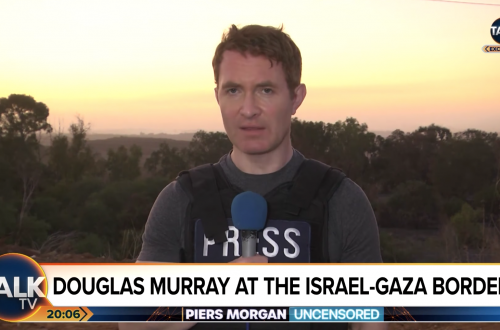Cross-posted from Arieh Kovler at The Times of Israel
The renewed rocket fire into Southern Israel has created a trap that Israel’s leaders are fighting hard to avoid.
Escalations in the South happen every couple of months, but they’re usually led by Islamic Jihad or the Hezbollah-linked Popular Resistance Committees, without any official involvement from Hamas, Gaza’s rulers. The new rocket attacks of the last few weeks are different; Hamas has wholeheartedly joined in the bombing. Meanwhile, Israel’s response has been restrained, targeting missile crews and smuggling tunnels but not taking the sort of decisive action that might damage the terror organisations’ capacity to fire rockets. Instead, Egypt has been brokering increasingly short-lived ceasefires.
Pressure for action is growing in Israel. Politicians are calling for assassinations of Hamas leaders. A rally in Paris Square on Thursday will lobby the Israeli Government to cut off all electricity to Gaza in retaliation for the rocket fire. Thankfully, nobody has been killed or seriously injured from the latest barrage.
A major operation to stop the rocket fire from Gaza would lead to widespread international condemnation. This is wrong and unfair, but it’s also true. The limited sympathy that Israel has as the victim of rocket attacks would evaporate. However careful the IDF is to pick targets and avoid civilian casualties, some innocent Palestinians will probably be killed or injured. There would be rallies and riots on the streets of European and Arab capitals. Bilateral upgrades in relations would be cancelled; trade deals put on hold.
To an extent, this is the price of doing business, and if it stopped the rockets for a while then it could be a price worth paying. This was the calculation made in 2008 when Israel launched Operation Cast Lead. That operation proved that the IDF can take wide-scale action in Gaza and damage the infrastructure of the terror groups without taking any serious military loss.
Of course, Hamas and Islamic Jihad know this too. So why this sudden escalation, which seems almost designed to force Israel into action?
The answer, as with a good proportion of the Middle East’s big questions at the moment, is Iran.
Iran is Israel’s number one threat and the focus of its efforts. Israeli leaders, especially Benjamin Netanyahu, have helped make tackling the Iranian military programme a cornerstone of American and European foreign policy. After many years of incremental increase, the sanctions on the Iranian regime are finally strong enough to hurt the economy and destabilise the Rial, Iran’s currency.
Iran is as afraid of sanctions as it is of military action – maybe more. These sanctions are being ratcheted up another notch, and even at this late stage they can still have an impact. Meanwhile, Iran’s most solid regional ally, Syria, is massacring its own people with the help of Hezbollah, an action which has made Iran more hated than Israel in some parts of the Sunni Arab world.
Iran needs a spoiler, something which will undermine the West’s ability to strengthen sanctions while simultaneously ‘reminding’ the Arab street that they’re supposed to be hating Israel. Israel’s alleged destruction of a secret Iranian weapons facility in Yarmouk, Sudan last month – a facility which might have been making weapons destined for Hamas – seems to have been the excuse Iran used to push Hamas back into the rocket-firing business.
If the IDF takes wider action, it would be bad for Hamas and Islamic Jihad. It would be good for Iran, though, and anything good for Iran at the moment is bad for Israel’s ultimate strategic position. That’s the trap that Iran has set for Israel in Gaza.
Invading Gaza is a trap of which Netanyahu, Barak and the rest of Israel’s leaders are aware. Israel’s response to fire from Gaza has been extremely restrained over the last year and especially in the current crisis.
The most effective traps, though, aren’t hidden or disguised. They’re the traps you walk into, eyes open, because you have no other choice. Operation Cast Lead was almost exactly four years ago – after the US Presidential election and with an Israeli election in the background. These are the times when no Israeli government can resist the pressure it faces from its people .
Sometimes Israel has no good options. This might be one of those times.
Gene adds: In an entirely appropriate response to the barrage of missiles from Gaza, Israel has killed Hamas’s military commander in the territory, Ahmed Al-Jabari.


